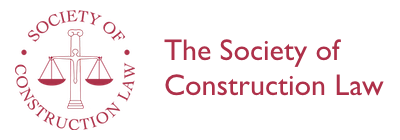A South African View on Float and Other Aspects of the Delay and Disruption Protocol
Jim Garner
July 2007
A short commentary on the Society of Construction Law Delay and Disruption Protocol
Do the recommendations in the SCL Delay and Disruption Protocol on extensions of time, float and constructive acceleration reach the right balance between parties' interests? Jim Garner argues that they are too restrictive on EOTs for employer-responsible delay and that the approach that float belongs to the project is potentially unfair to the contractor; a better categorisation of the causes of delay and a clearer understanding of the time available under the contract for the contractor to complete the project should lead, he suggests, to different approaches. And constructive acceleration claims are, he suggests, an appropriate response by contractors to those employers and their representatives who are slow in processing contractors' EOT and additional payment claims.
Introduction - EOTs and employer risk events - EOTs and neutral delays - The three categories of delay - Contractual time for completion - Total (or terminal) float - Float, EEs and liquidated damages - Float and the order in which delays occur - Float and 'the best interests of the project' - Acceleration.
The author: Jim Garner is a chartered quantity surveyor with extensive experience in the constructing industry, currently practising as a construction contract consultant; he is associated with Binnington Copeland and Associates, of Johannesburg and Cape Town.
Text 11 pages.
PDF file size: 98k
